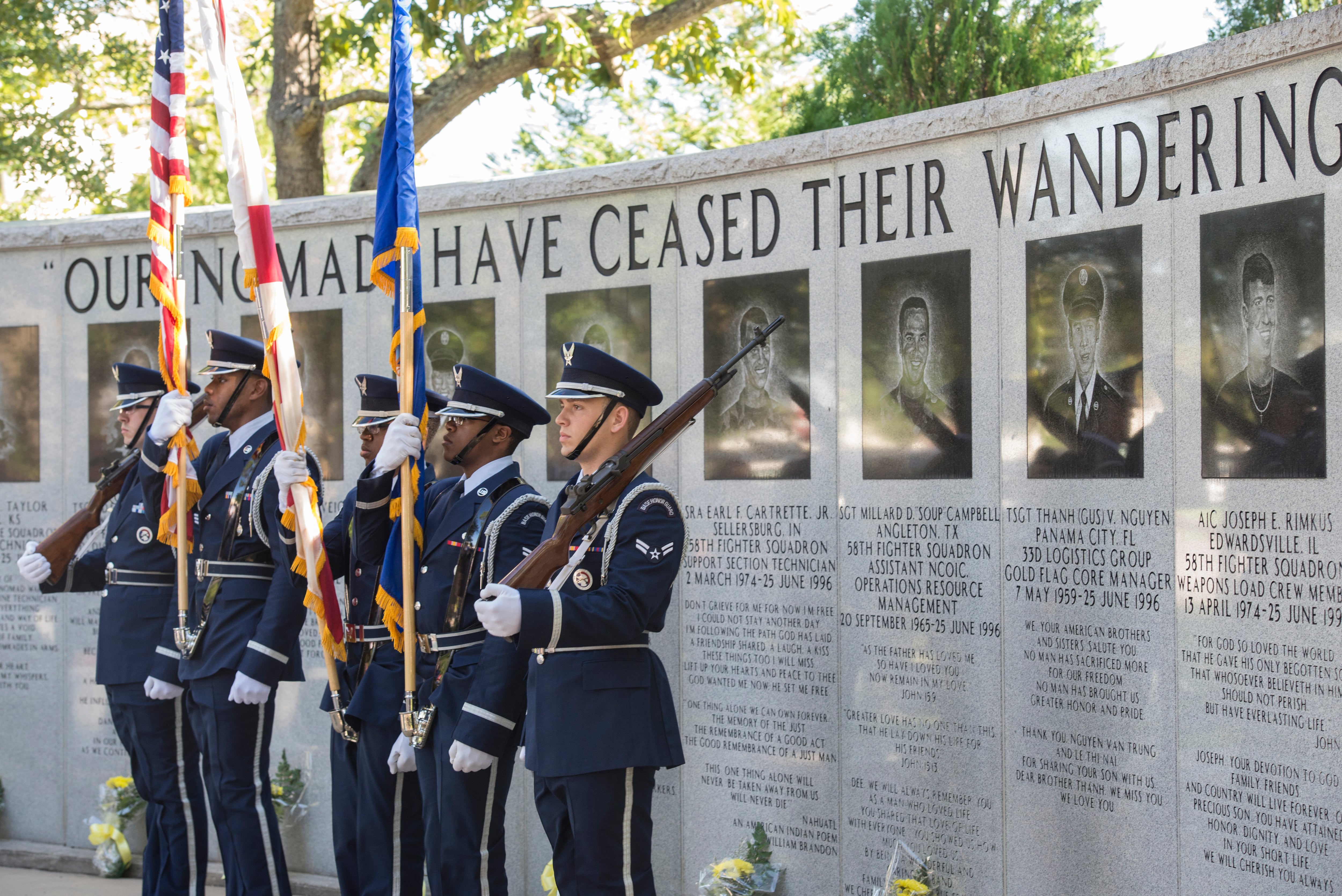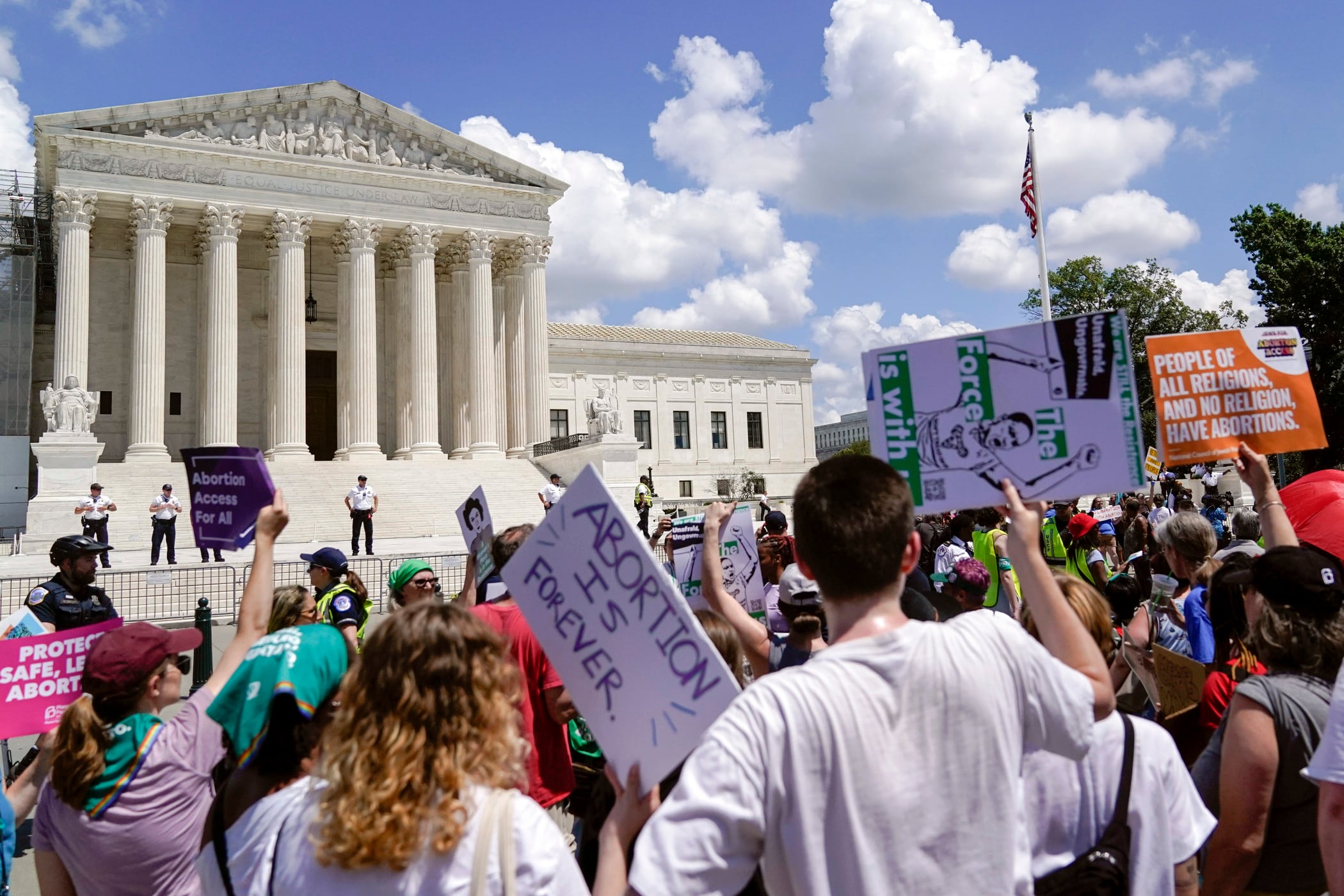No one left behind. For those of us who have served in the U.S. military, this phrase is more than just a call to action — it is a way of life that extends far beyond the battlefield and into our homes and communities. As such, I always look to see this mindset embodied in my representation in Congress.
Fortunately, with an extensive background serving in the CIA and Department of Defense, my congresswoman, Rep. Elissa Slotkin, D-Mich., clearly has a keen appreciation and understanding of these principles. That is why I am so dismayed that she has not yet put her support behind the Justice for American Victims of Terrorism Act of 2022 (HR 8219), which will help correct a major injustice currently faced by a community of thousands of American victims of terror like myself.
Specifically, the bill is a direct response to President Joe Biden’s executive order that directed that $3.5 billion in frozen Afghan funds be distributed through a courtroom in New York as compensation to U.S. terror victims. However, the problem with the Biden order is that only a very small subset of victims currently stand to benefit — and a vicious and senseless legal fight has now broken out among the rest.
If HR 8219 is passed and signed into law, it will instead direct the assets into the U.S. Victims of State Sponsored Terrorism Fund, or USVSST, which will put an end to this needless controversy. The USVSST Fund will instead distribute the funds equitably among all U.S. victims of terror who have obtained federal court judgments for their suffering; ensure only victims receive compensation, not insurance companies; and prevent plaintiff law firms from making a huge windfall in legal fees.
In other words: the bill is the embodiment of the “no one left behind” principle.
Rep. Slotkin should join with her fellow representatives in Washington to support HR 8219 on the bipartisan basis that underpinned the creation of the USVSST in 2015. To do otherwise would signal support for the chaos created by the president’s executive order and indicate to veterans like me that our calls for justice will go unheeded despite our long-term suffering.

I know this suffering well. I was living in the Khobar Towers housing complex in Saudi Arabia with fellow U.S. airmen when Hezbollah Al-Hejaz detonated a bomb outside of an apartment complex that housed members of the 4404th Wing of the U.S. Air Force in 1996. In the chaotic aftermath of the explosion, I helped evacuate the wounded and encountered a severely injured captain who was struggling to breathe, his chest pierced by shards of glass. He was ready to die on the scene. I still don’t know the man’s name or where he was from, but I did everything in my power to keep him awake and talking until he reached the front of the evacuation line. To this day, I do not know if he survived — but I think of him often.
Though I was one of the lucky few to escape with minor physical injuries, I have never escaped the emotional trauma of the incident. I was diagnosed with PTSD, and my emotional distress contributed to the breakup of my marriage and the erosion of my relationship with my daughter. I am filled with regret at what could have been and often wonder if my relationships would have never decayed without the terror I faced.
That attack was 26 years ago, and there have been countless others before and since. Our community is speaking up as one to support HR 8219 because we do not want to fight with each other. Instead, we should fight together to ensure that no one is left behind.
I am confident that Rep. Slotkin and her colleagues will champion our cause because it is a common sense solution to a complicated issue — and it is one that helps all of those who have suffered from terrorist attacks to receive the compensation, recognition, and justice we have so long deserved.
Clayton Zook is a former Air Force staff sergeant who survived the 1996 Khobar Towers bombing. He resides in Oakland Township, Michigan, and works as a civilian for the US Army at Tank-automotive and Armaments Command, or TACOM.
Have an opinion?
This article is an Op-Ed and as such, the opinions expressed are those of the author. If you would like to respond, or have an editorial of your own you would like to submit, please email us.
Want more perspectives like this sent straight to you? Subscribe to get our Commentary & Opinion newsletter once a week.





